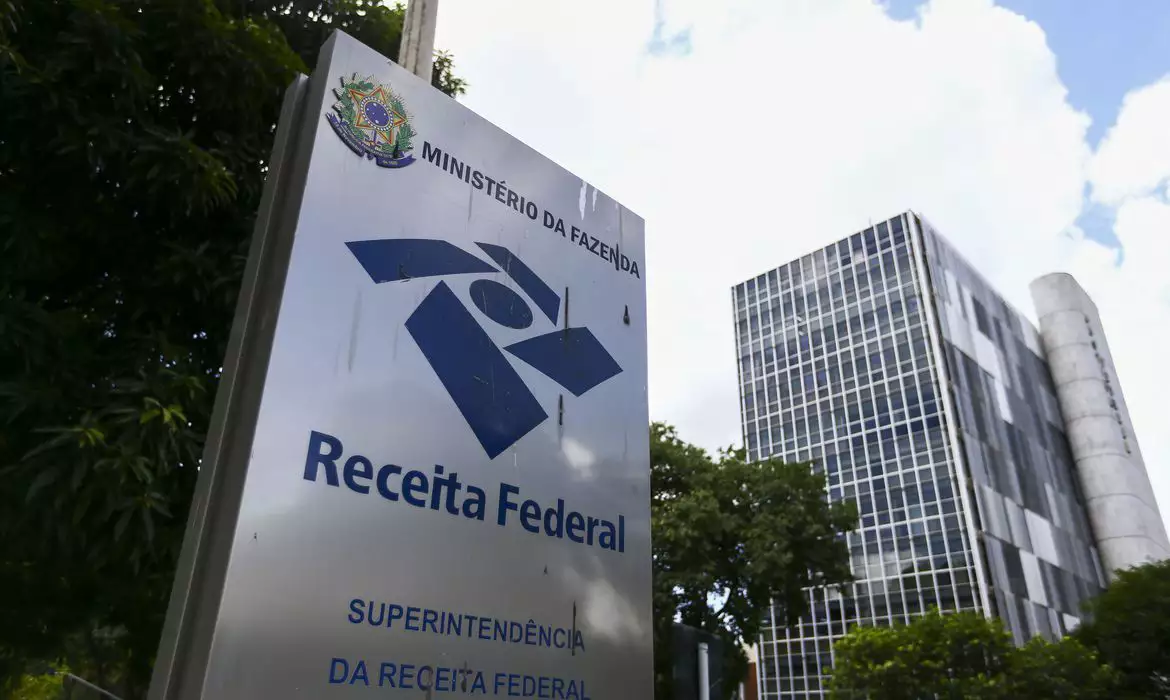Brazil is planning to set new tax rules for online purchases from foreign websites by the end of the year.
Jorge Gonçalves, head of the Retail Development Institute, announced this news. He met with Finance Minister Fernando Haddad to discuss the issue.
They want to end the special tax-free rule for buying from foreign websites.
The Remessa Conforme program, running since August, gives tax breaks. Buyers have to share info with the tax office before items come into Brazil.
Companies not in the program will face a 60% tax on orders up to $50. Moreover, a 17% state tax will apply to all orders, with or without the program.
Earlier, Minister Haddad hinted at a future federal tax. He didn’t give a date but suggested it would come later.
This tax would apply to purchases in the Remessa Conforme program.

Background
The push to finalize tax rules on online foreign purchases reflects Brazil’s struggle with e-commerce regulation.
For years, the country has been grappling with how to manage international transactions, especially in the age of digital globalization.
Historically, the Brazilian market has been protective of its local industries, often imposing high import taxes to give homegrown companies a competitive edge.
The introduction of the Remessa Conforme program shows a more nuanced approach to e-commerce.
By offering tax breaks in exchange for data sharing, Brazil seems to be balancing revenue generation with market oversight.
This is a significant shift from older, more punitive tax policies. However, this new strategy could pose challenges for small Brazilian retailers.
They might find it hard to compete with international companies that can offer a wider range of products, often at lower prices, even with the import tax.
Thus, the decision to impose or not impose a new tax is a complex one, balancing the interests of consumers, local businesses, and the state.

